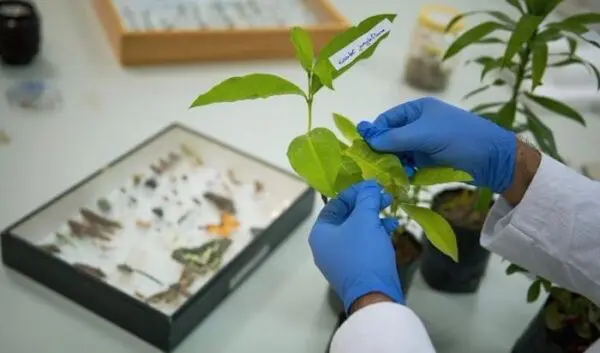
London, United Kingdom
IMPACT Programmes: Science and Biomed
When:
06 July - 02 August 2026
Credits:
0 EC
Read more
Natural Sciences
When:
02 August - 13 August 2021
School:
Institution:
Goethe University
City:
Country:
Language:
English
Credits:
4 EC
Fee:
500 EUR

In case that due to the Covid-19 pandemic an on-campus summerschool is not possible, this module will take place online.
The module presents a two weeks intensive course for students, including lectures, seminars, a short lab course and presentations and discussions, partly also in the zoo, the natural history museum and the field. The students will get a condensed introduction into modern evolutionary ecology – the interface between evolutionary biology and ecology. Among many other aspects, the course will highlight the importance of pathogens on the biology of organisms: Some viruses of the distant past have even modified the DNA heritage within evolutionary lines, including those leading to humans, and in the more recent cultural history, some were decisive for the rise or fall of empires.
In the first two days we will harmonize the knowledge in evolutionary biology, background genetics and ecology of the students. For this, we will even do some minor lab work, facilitating the understanding of molecular mechanisms and modern research. We will discuss, e.g., the differences between qualitative vs. quantitative genetical inheritance, the effects of multiple gene effects, the nature of mutations, negative and positive selective forces, genetic drift and evolutionary genomics. The interaction of ecology (i.e., the environment) and evolution will be discussed. In the last part we will combine facets of human biological and cultural evolution. We focus on questions like current on-going changes in biological, cultural and language traits.
Note: Depending on possible restrictions due to COVID-19 regulations it may become necessary to make some changes in the above-listed course procedure.
The course comprises 28 contact hours (8*3.5 hours). Upon successful completion, 4 ECTS (European Credit Transfer System) points will be awarded for the module. A single ECTS point is defined as the equivalent of 25 to 30 hours of student workload. This includes class hours, additional preparations for class activities, readings, assignments as well as final assessments.
Attendance: Participants have to attend at least 80 % of the classes.
Prof. Dr. Bruno Streit
Students of Biology, Geology, Environmental Sciences, (Physical) Geography, Humanities, Law, Economics and Philosophy.
Study aspects of the genetic code, the nature and effects of mutations and their significance for organismic evolution, with a focus on human evolution
Participate in demonstrations at the Senckenberg Museum and a guided tour at Frankfurt Zoo
Learn the difference between biological and cultural evolution, become informed about ecological factors, such as the influence of viruses on human evolution and societies
Expand your interdisciplinary and critical thinking about the continuous change of human societies, their languages and thoughts
Fee
500 EUR, Includes all study materials and transcript of records.
When:
02 August - 13 August 2021
School:
Institution:
Goethe University
Language:
English
Credits:
4 EC

London, United Kingdom
When:
06 July - 02 August 2026
Credits:
0 EC
Read more

Aarhus, Denmark
When:
29 June - 10 July 2026
Credits:
5 EC
Read more

Barcelona, Spain
When:
29 June - 03 July 2026
Credits:
2 EC
Read more